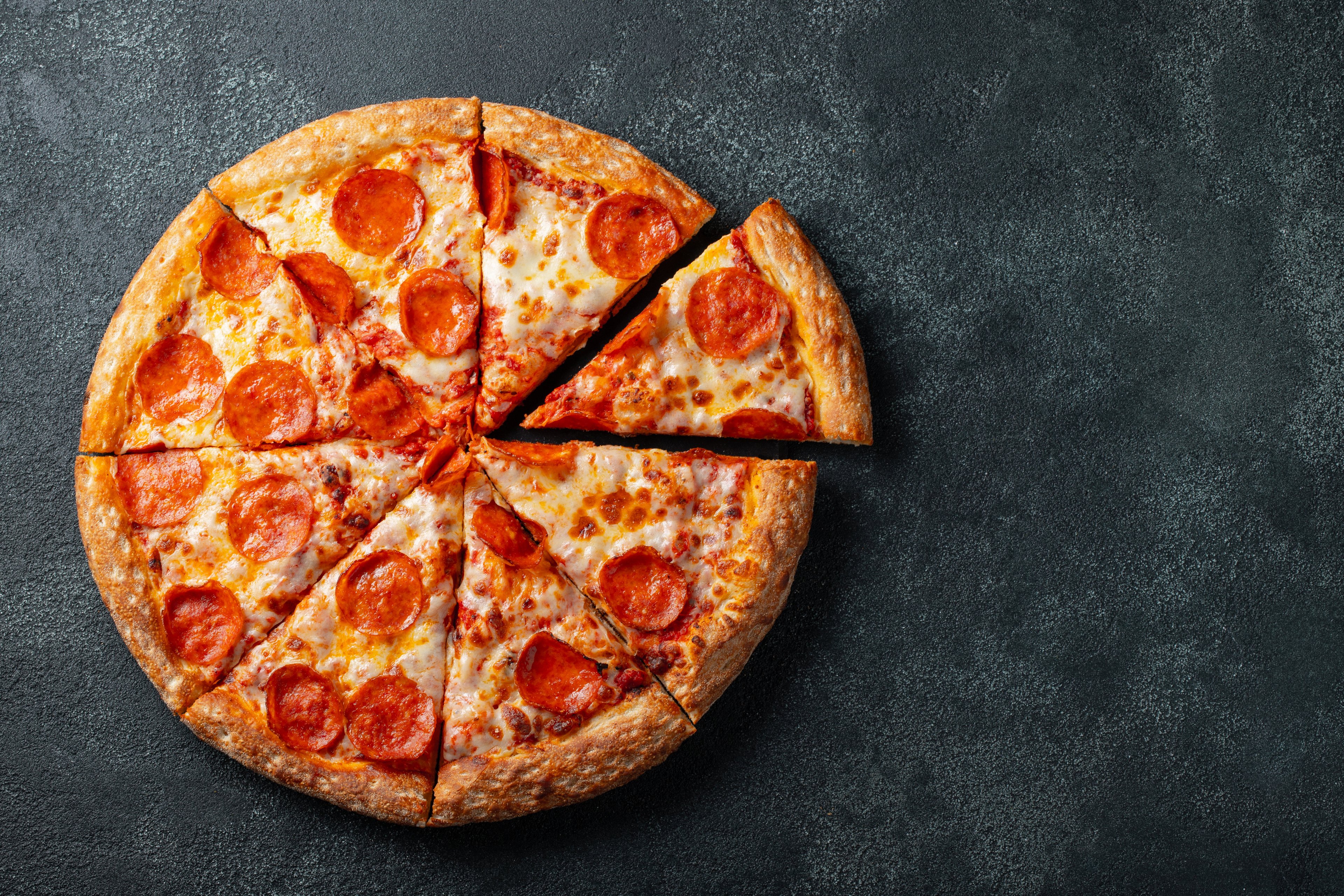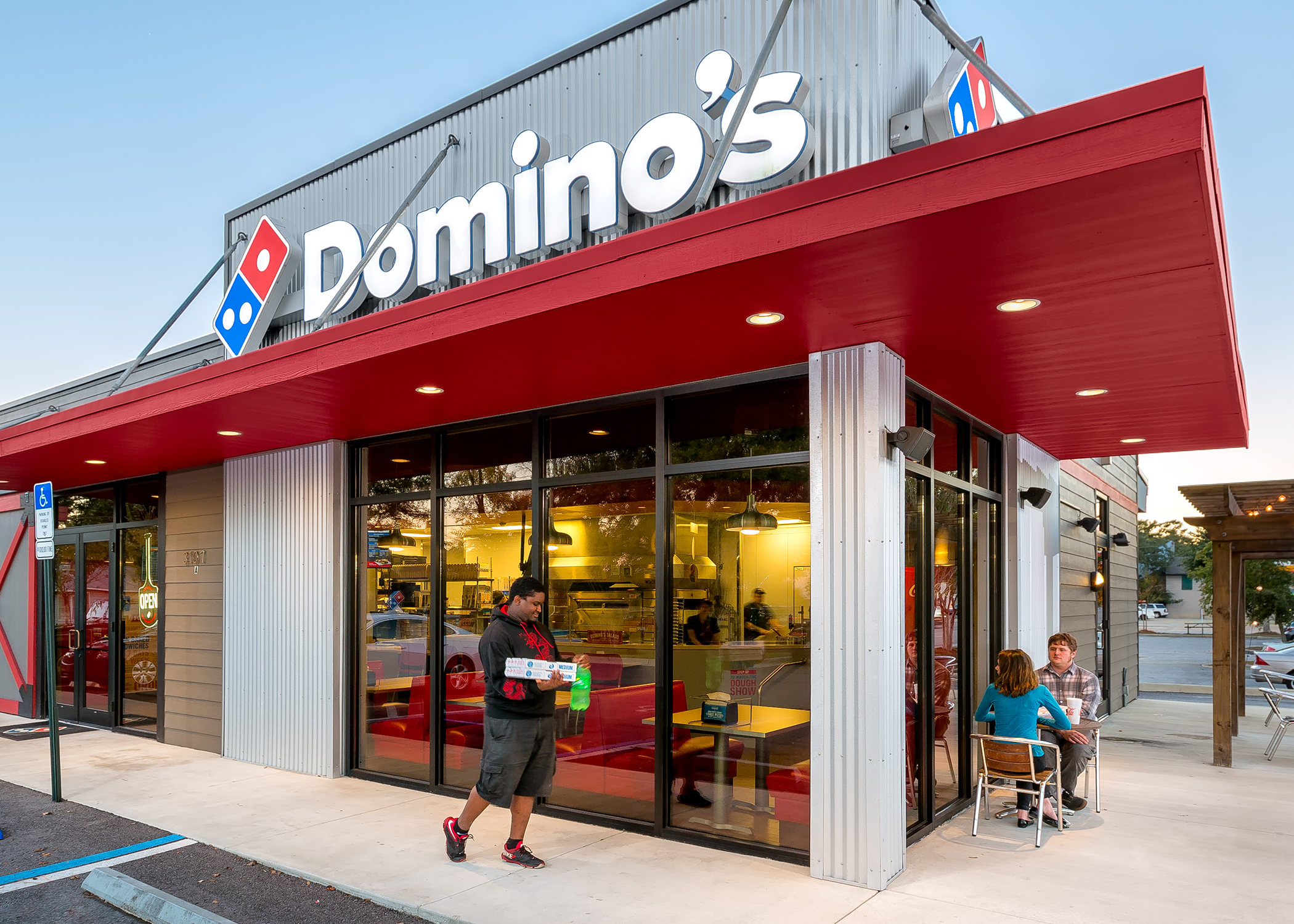Domino's Pizza (DPZ 2.05%) is one of the few businesses that has largely kept operating without interruption during the coronavirus pandemic. Almost all of its U.S restaurants are still offering carryout and delivery, and about 85% of its international stores are open. This puts the company ahead of retailers that have closed their doors. Results have continued chugging along, with domestic and international same-store sales (comps) rising by 1.6% and 1.5%, respectively, in the first quarter. This extended Domino's comp sales growth streak to a remarkable 36 quarters for U.S. restaurants and 105 quarters for those outside the country.
While it is encouraging to see the company doing well, investors are forward looking. Ritch Allison, Domino's Chief Executive Officer, said in the first-quarter earnings release, "We can't predict the full impact of COVID-19 on the broader economy and we don't know how consumer behavior and restaurant purchasing patterns may evolve coming out of this crisis." Due to the coronavirus and its uncertain impact on the global economy, management withdrew its two-to-three-year forecast for key items, such as U.S. and international comps.
This cloudy outlook shouldn't dissuade you from examining the big picture. Domino's is set up to do well, particularly in a sluggish economy.

Image source: Getty images.
Pushing products out the door
Founded 60 years ago as a pioneer in pizza delivery, Domino's has become the world's largest pizza company based on revenue, largely through delivery services.
A decade ago, Domino's pushed technology development, and it has sought to constantly improve and update the process. It created its own online ordering system, developing mobile apps that it keeps improving upon, such as allowing quicker orders and launching one of the first voice command systems. It subsequently added support for platforms like Alphabet's Google Home and Facebook Messenger.
With its established and ever-evolving delivery model, plus management's previous focus on boosting carryout sales to drive profits, the company is ahead of other restaurant chains, since Domino's already has a profitable system in place that is compatible with social distancing.
An inexpensive dining-out option
During an economic slowdown, consumers are naturally cautious, pulling back on spending for items like eating out. But with affordable offerings, including a $5.99 mix-and-match deal, Domino's sales should hold up relatively well. Its menu provides a quick and inexpensive dining alternative to cooking.
The preliminary data from the first month of the second quarter is encouraging. U.S. comps were up 7.1% year over year from March 23 through April 19. Although international comps were down 3.2% for the first three weeks of the new quarter, domestic operations are the company's primary revenue driver. International franchise royalties and fees accounted for 6.6% of Domino's first-quarter top line.
Furthermore, management stated during the Q1 earnings call that while sales in China were significantly impacted by COVID-19, sales accelerated there in the latter part of the first quarter. This provides some hope that other countries also may see a recovery.
A good cash position
In the current climate, it is also important to check on a company's liquidity. After all, it doesn't matter how strong the underlying business model is if the company lacks the reserves to survive a crisis like this one.
Domino's had $200.8 million of unrestricted cash at the end of the first quarter and recently tapped $158 million from its borrowing facility. Plus, it generated nearly $78 million of free cash flow in the quarter. Another good sign is that the board of directors declared Domino's regular $0.78 per share quarterly dividend in late April.
So far, Domino's Pizza has handled the coronavirus pandemic very well, adopting a contactless delivery and pick-up system. Its deeply-rooted delivery and takeout business and affordable menu options should continue to serve the company well. In turn, shareholders can expect the company to deliver the goods.






